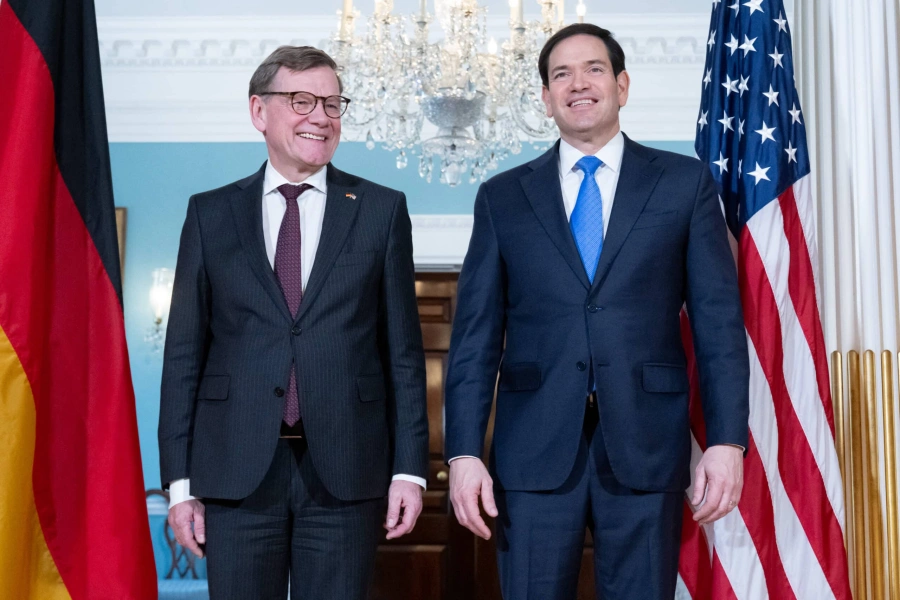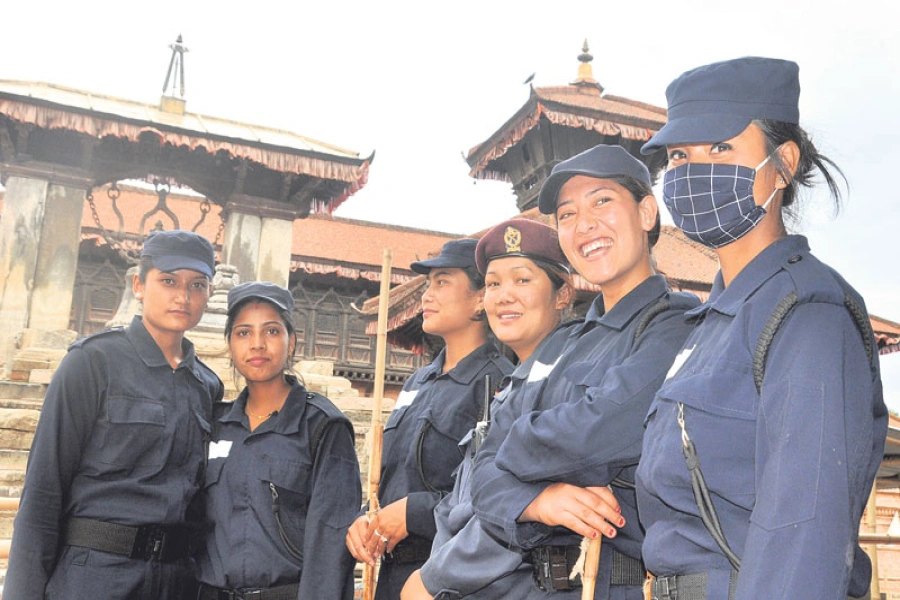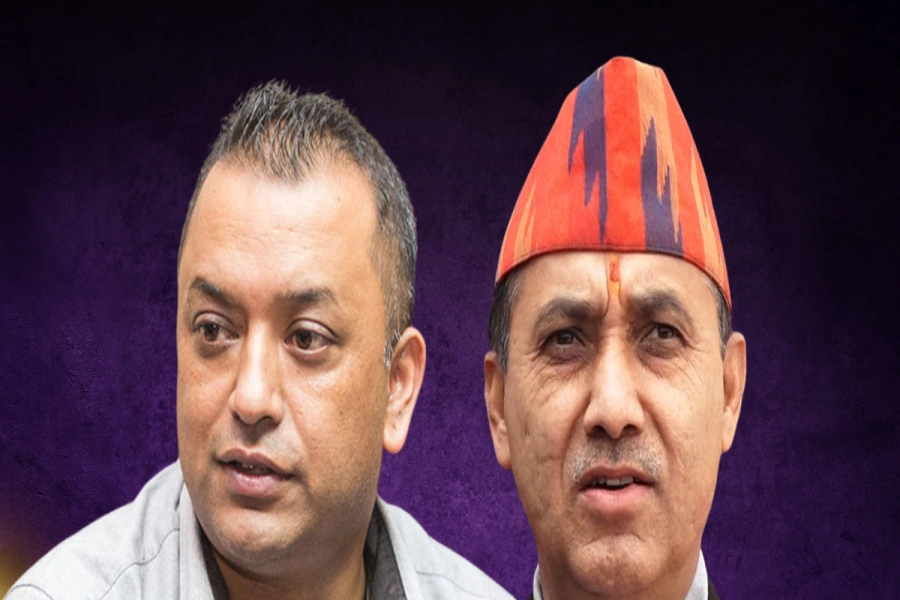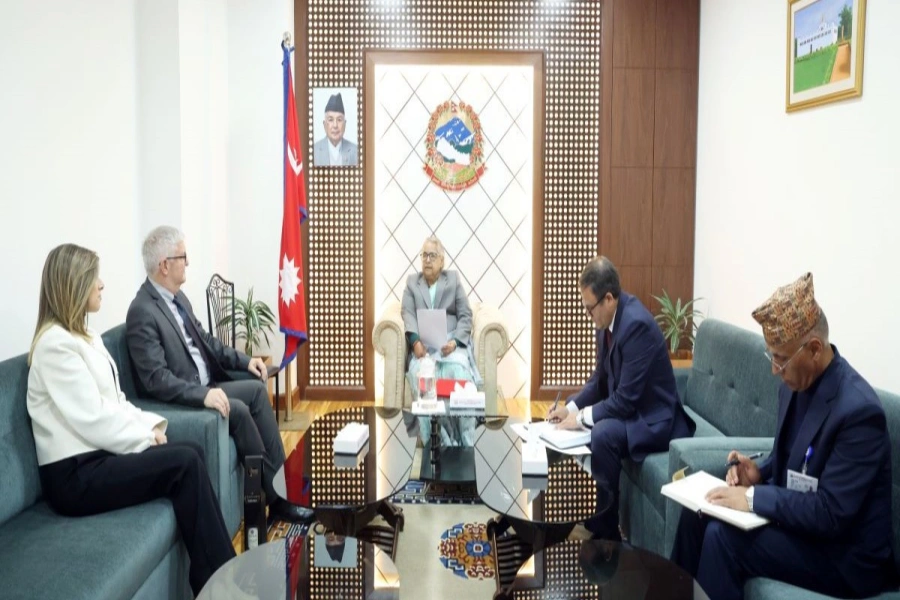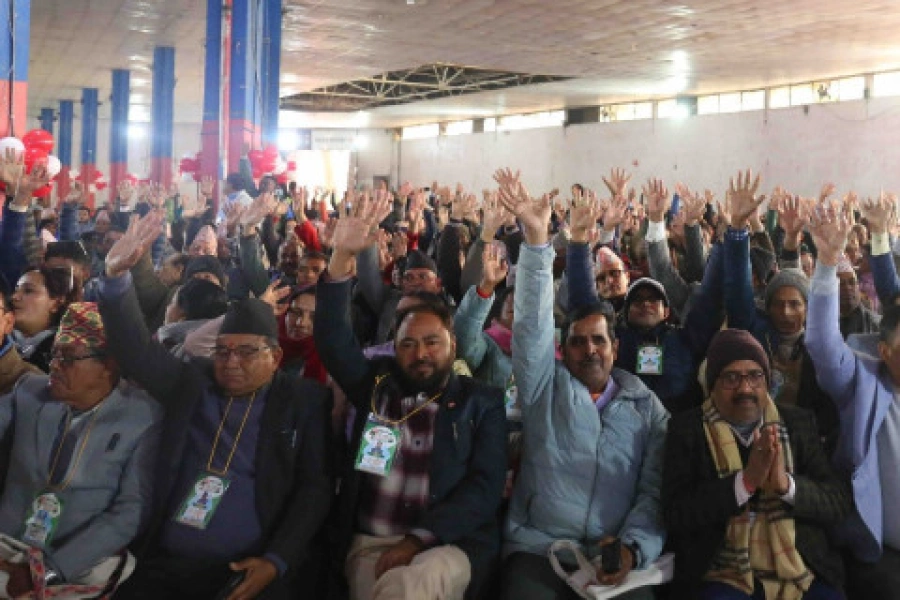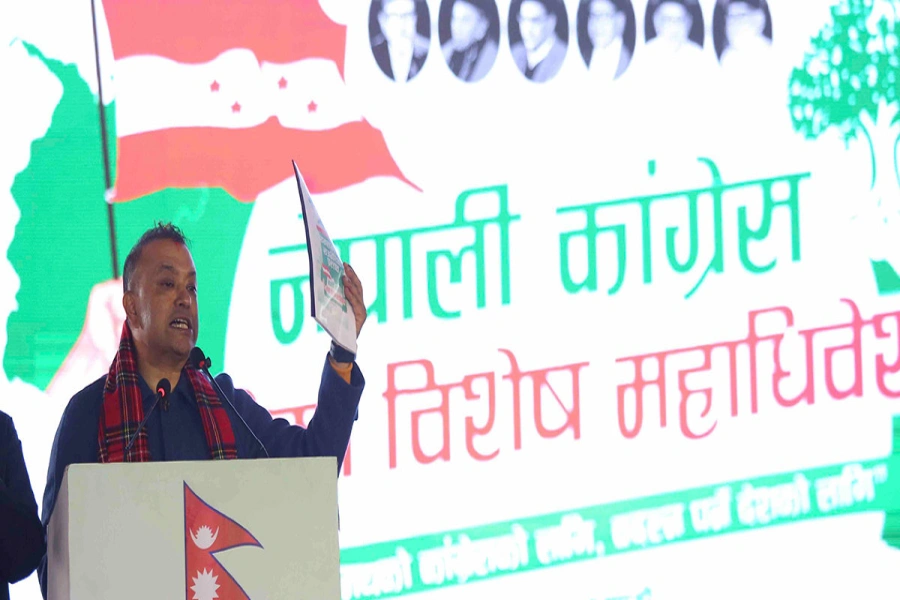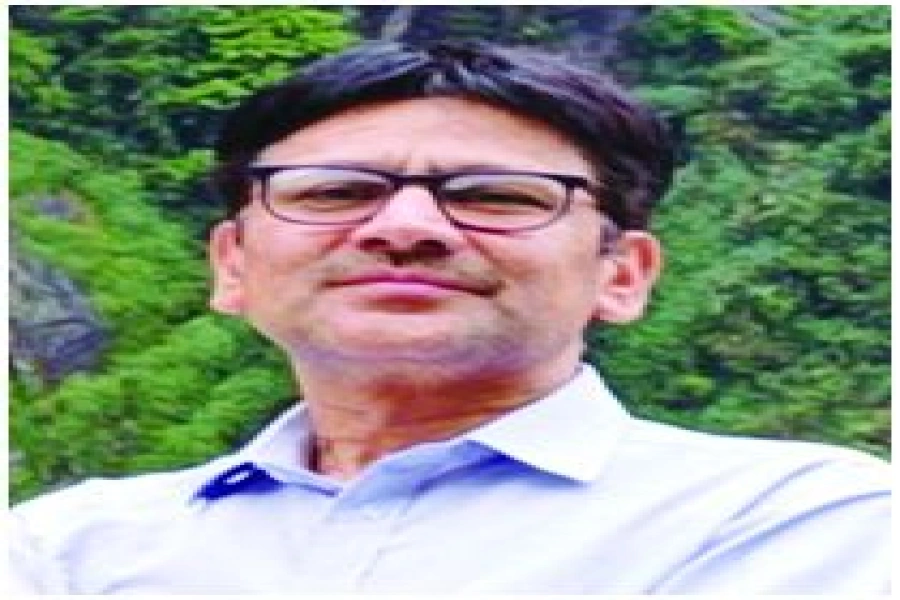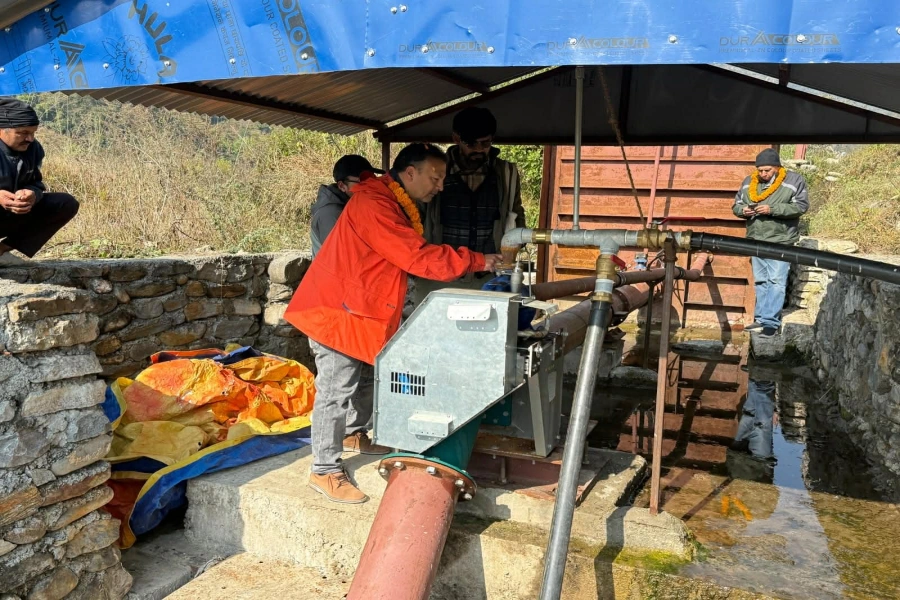Hijo Aaja ka Kura was one of the most-watched and popular television series in Nepal. Following the footsteps of his father Santosh Pant, Sakar Pant has made his debut as a director of a new movie named after the popular television show. The movie stars Santosh Pant, Rama Thapaliya, Keki Adhikari, Reecha Sharma, Divya Dev Pant, Sakar Pant and Rima Bishwokarma. The movie depicts the current scenario of Nepal where youths are looking for greener pastures abroad while elders want their children to stay in their motherland.
Republica caught up with Pant to talk about his experience while making this movie.
How did you end up becoming a filmmaker?
I think filmmaking-career was obvious for me as I grew up in a filmmaking atmosphere. At an age when other children would be in playschool, I used to be with my father on the set. I made my first appearance on a TV screen when I was barely two years old. When my father would utter, “sound, camera, action,” I found myself in awe of not just him but the entire process that followed. That feeling manifested in my desire to become a filmmaker, I guess. For instance, during the school days when my friends desired becoming a doctor or an engineer, I was the only one who said that I’ll become a filmmaker. As I grew up and started making sense of the things around me, I was already interested in learning about lighting, sound and camera. I started assisting my father on the set from the age of 12. At 15, I had directed a music video. After I finished my high school, it was natural for me to get inclined towards studying film-making. I went to Australia to pursue my dream.
Can you briefly describe your movie, ‘Hijo Aaja ka Kura’? What inspired you to make this movie?
‘Hijo Aaja Ka Kura-The Movie’ is a situational comedy about domestic issues of four loosely-related families in the modern-day Kathmandu, all of whom in some way are connected to foreign lands in pursuit of the Nepali dream. But for every dream, there is a hefty price to be paid. The movie is a blend of years of collective experience and modern filmmaking that brings out an entertaining social and comical drama that has its original flavor intact.
Hijo Aaja ka Kura is a brand created by my father. Running a weekly TV series consistently for 12 years is easier said than done. I have seen my family’s effort into building that brand and a legacy. I’ve always felt strongly that this brand name should be carried forward and fortunately our movie script was such that it could carry this name. I proposed this name to my producers and everyone liked the idea. So, we decided to name it “Hijo Aja Ka Kura-The Movie.’
What was the experience like of putting on the hat of a director for the first time for your movie? How has the movie changed or impacted your work?
Film Development Board to take action against cinema halls that...

There was a lot of pressure making this film as it’s not an ordinary film with ordinary repercussions. It’s a legacy I was dealing with. And the legacy was built with a lot of sweat, blood and tears that I witnessed growing up. So, I had to ensure that people who are the ardent fans of the TV series are not disappointed while at the same time the new generation who may have no knowledge of the series whatsoever may enjoy it as well.
As far as the changes are concerned, I don’t suppose anything has changed much in terms of filmmaking itself, but the experience of working with a big cast on a feature film did teach me and my team a lot, most of which are quite inexplicable in words as its about values and emotions.
How did it feel like to work with your father in the movie? How has he inspired you to be part of the movie industry?
It’s always fun working with my father. We work very professionally on the set. We always stay disciplined in every role we play and act according to the need of the situation. I am who I am because of my father. He is my ‘Guru’, he always inspires me to stay calm, positive and asks me to give 100% on what I do. I am blessed to have him in my life. He is my biggest support system.
What kind of stories are you interested in depicting on the screen?
Again, this comes from what I grew up with. I watched my father day and night creating stories that are related to society. So I am inclined to the same as I understand what a responsibility that is and how cinema can be a catalyst in creating a positive change in society. My main goal is to make those stories entertaining to the audiences.
What is your favorite Nepali and foreign movie?
‘Koseli’ is my favorite Nepali movie. My best Bollywood movie is ‘A Wednesday’ and ‘I am Legend’ from Hollywood.
Who are your three favorite artists to work with?
My father Santosh Pant, Rama Thapaliya and Rima Bishwokarma.
If you could choose two famous Nepali folks to have dinner with, who would they be?
Hari Bansha Acharya and Madan Krishna Shrestha.
If not a filmmaker, what would your profession be?
That thing never crossed my mind before. Probably, I would have been in the hospitality industry.
The quote you live by..
Give respect to earn respect.




